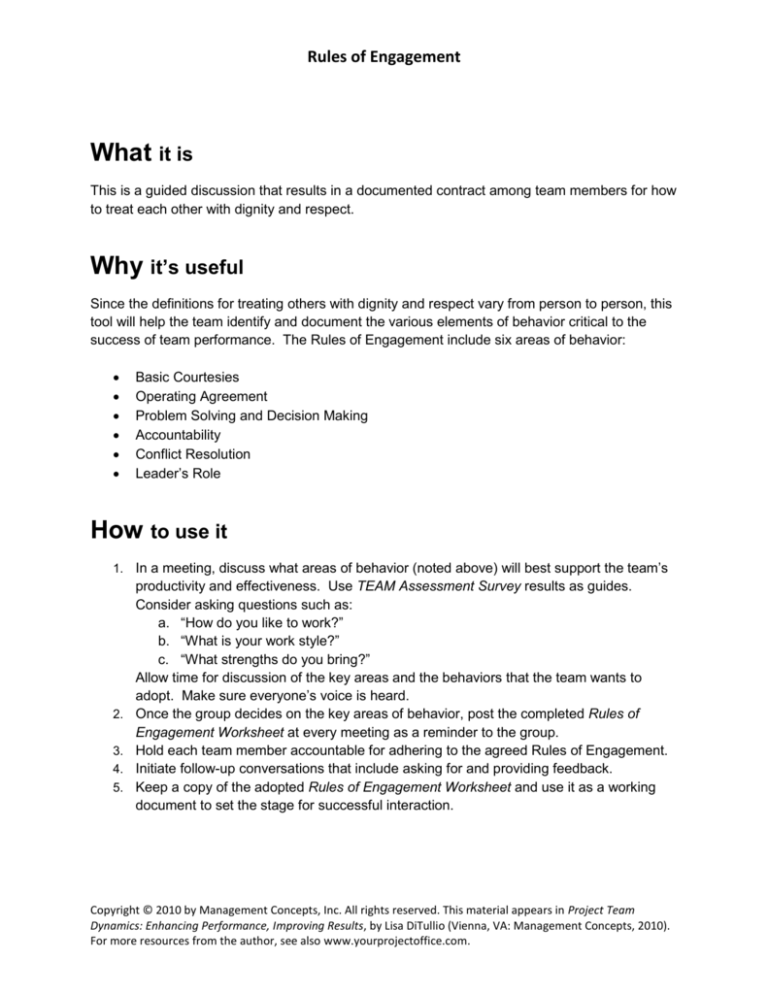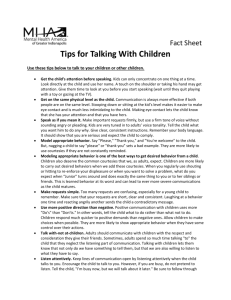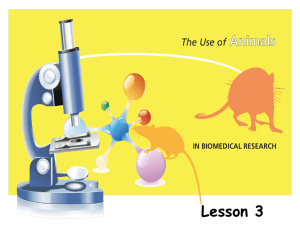
Rules of Engagement
What it is
This is a guided discussion that results in a documented contract among team members for how
to treat each other with dignity and respect.
Why it’s useful
Since the definitions for treating others with dignity and respect vary from person to person, this
tool will help the team identify and document the various elements of behavior critical to the
success of team performance. The Rules of Engagement include six areas of behavior:
Basic Courtesies
Operating Agreement
Problem Solving and Decision Making
Accountability
Conflict Resolution
Leader’s Role
How
to use it
1. In a meeting, discuss what areas of behavior (noted above) will best support the team’s
2.
3.
4.
5.
productivity and effectiveness. Use TEAM Assessment Survey results as guides.
Consider asking questions such as:
a. “How do you like to work?”
b. “What is your work style?”
c. “What strengths do you bring?”
Allow time for discussion of the key areas and the behaviors that the team wants to
adopt. Make sure everyone’s voice is heard.
Once the group decides on the key areas of behavior, post the completed Rules of
Engagement Worksheet at every meeting as a reminder to the group.
Hold each team member accountable for adhering to the agreed Rules of Engagement.
Initiate follow-up conversations that include asking for and providing feedback.
Keep a copy of the adopted Rules of Engagement Worksheet and use it as a working
document to set the stage for successful interaction.
Copyright © 2010 by Management Concepts, Inc. All rights reserved. This material appears in Project Team
Dynamics: Enhancing Performance, Improving Results, by Lisa DiTullio (Vienna, VA: Management Concepts, 2010).
For more resources from the author, see also www.yourprojectoffice.com.
Rules of Engagement
Basic Courtesies
Operating Agreements
Problem-Solving and Decision-Making
Accountability
Conflict Resolution
Leader’s Role
Copyright © 2010 by Management Concepts, Inc. All rights reserved. This material appears in Project Team
Dynamics: Enhancing Performance, Improving Results, by Lisa DiTullio (Vienna, VA: Management Concepts, 2010).
For more resources from the author, see also www.yourprojectoffice.com.





